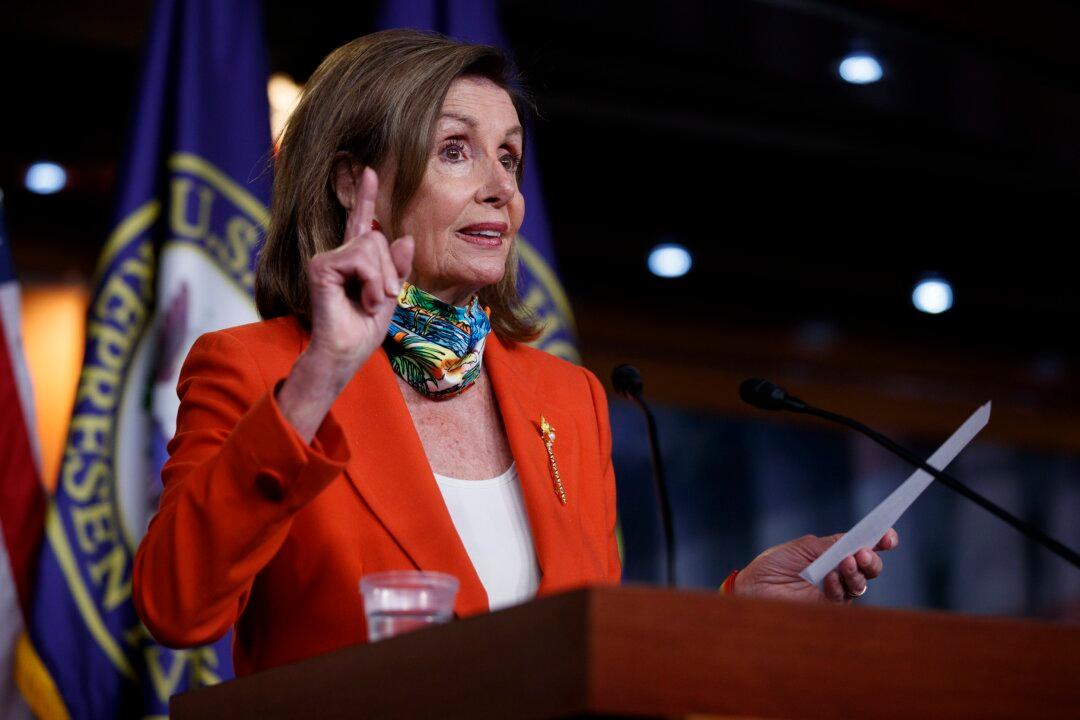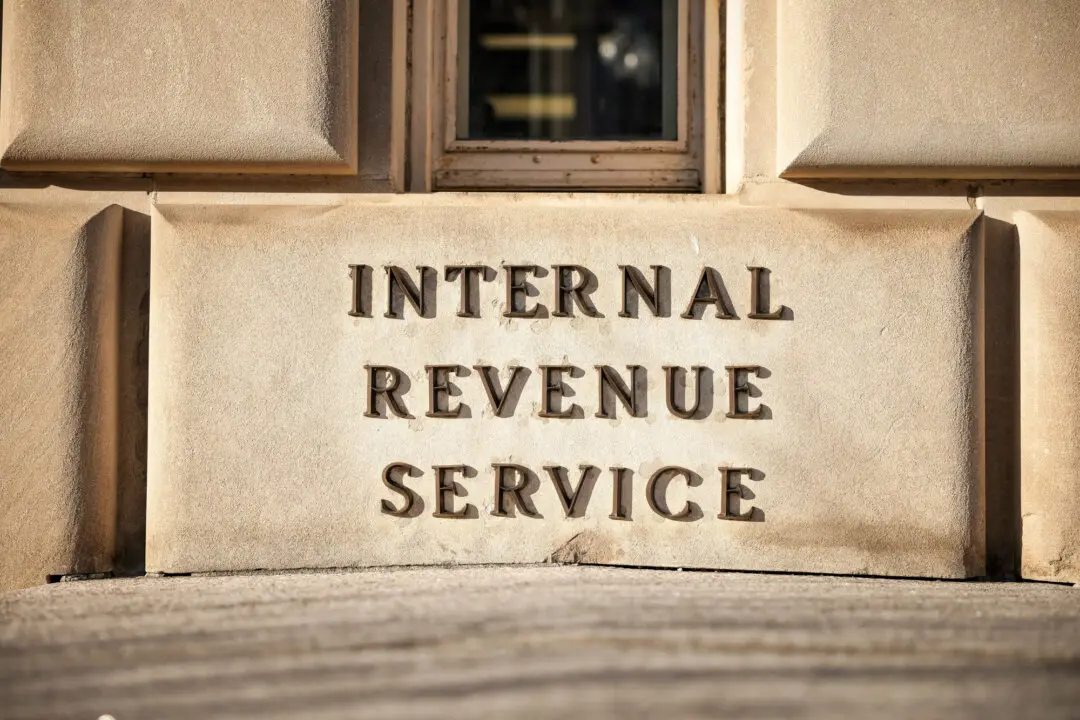Commentary
Back in 2009, Nancy Pelosi infamously declared the best way to revive the economy was to dole out ever more generous food stamps and unemployment benefits. The more people collecting welfare the better. At the time, this notion seemed laughable. Now this economic illiteracy seems to have become a conventional wisdom.





